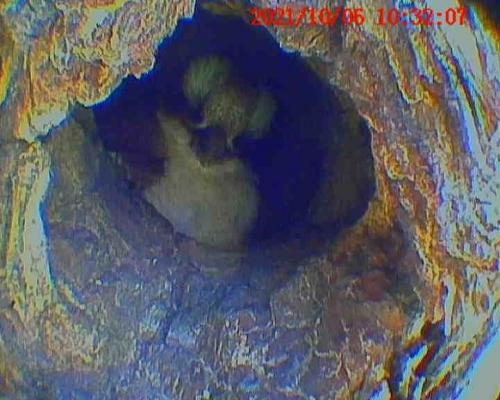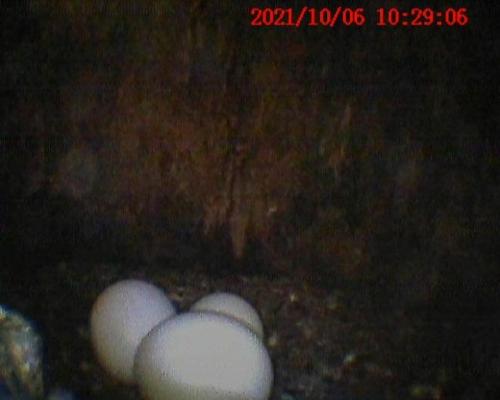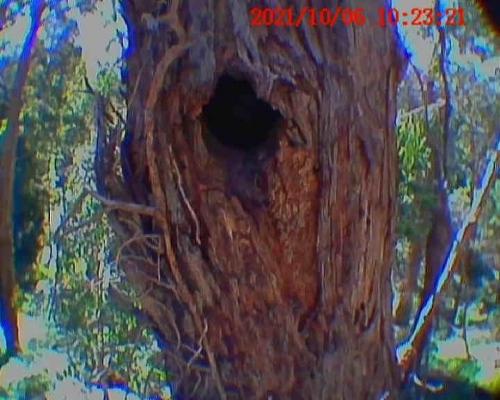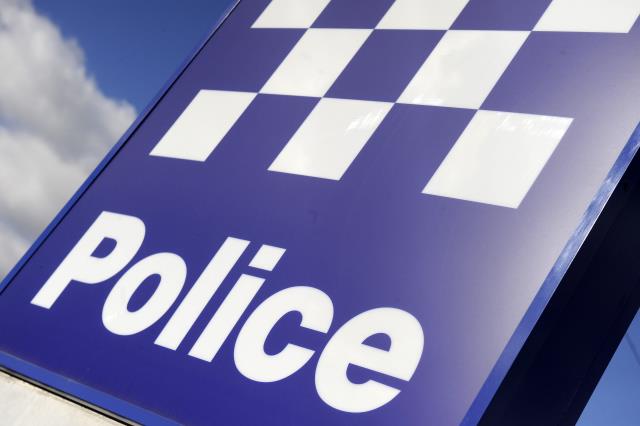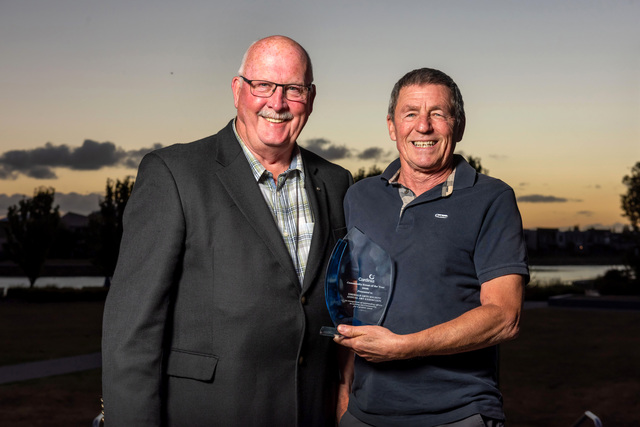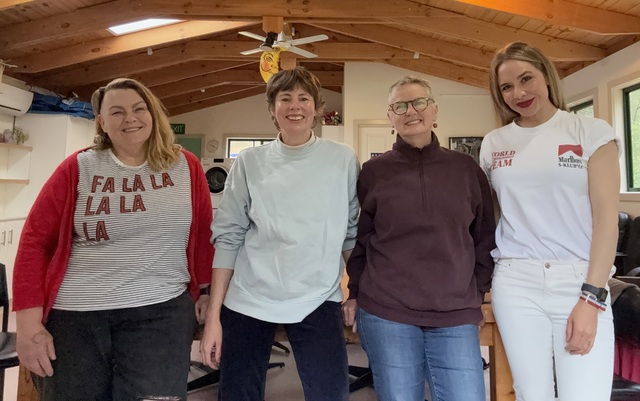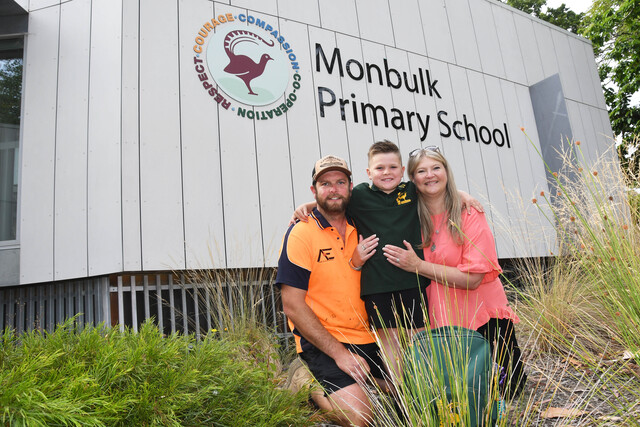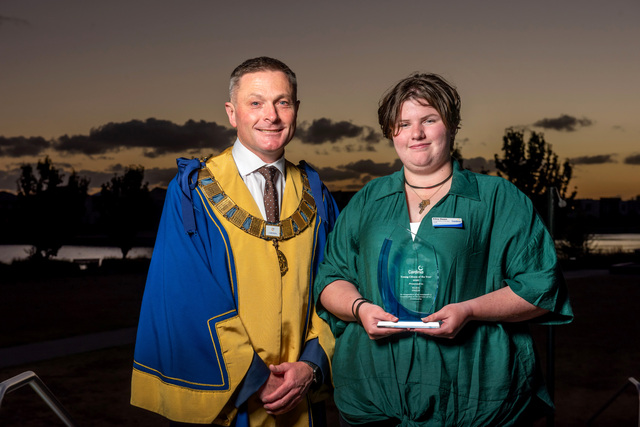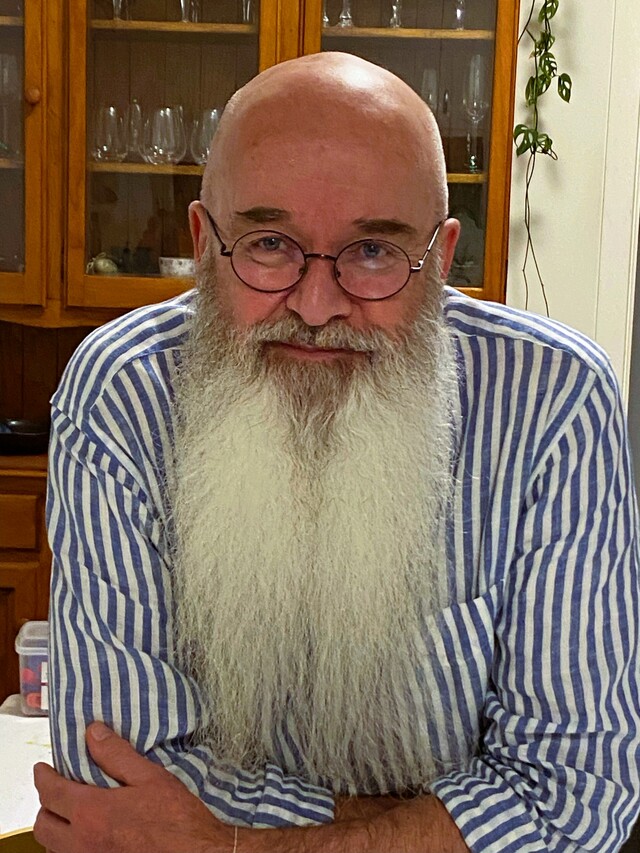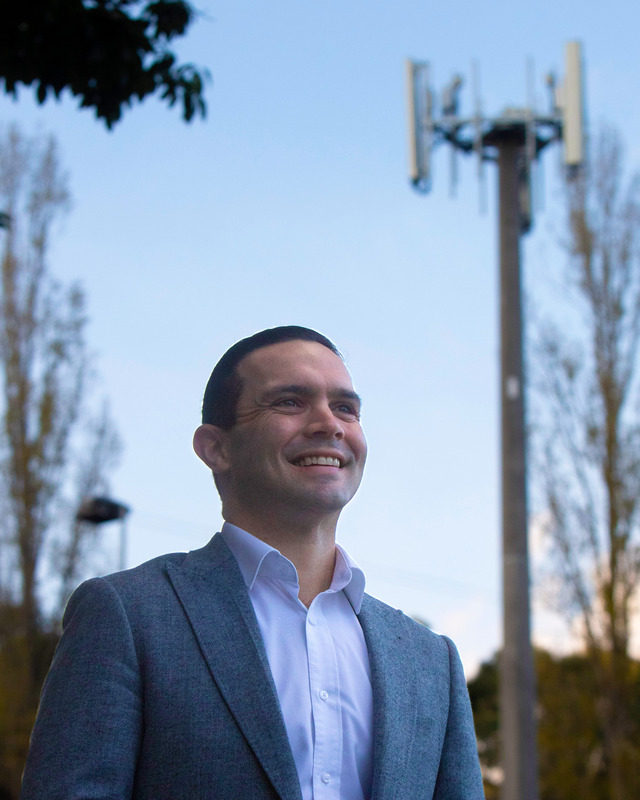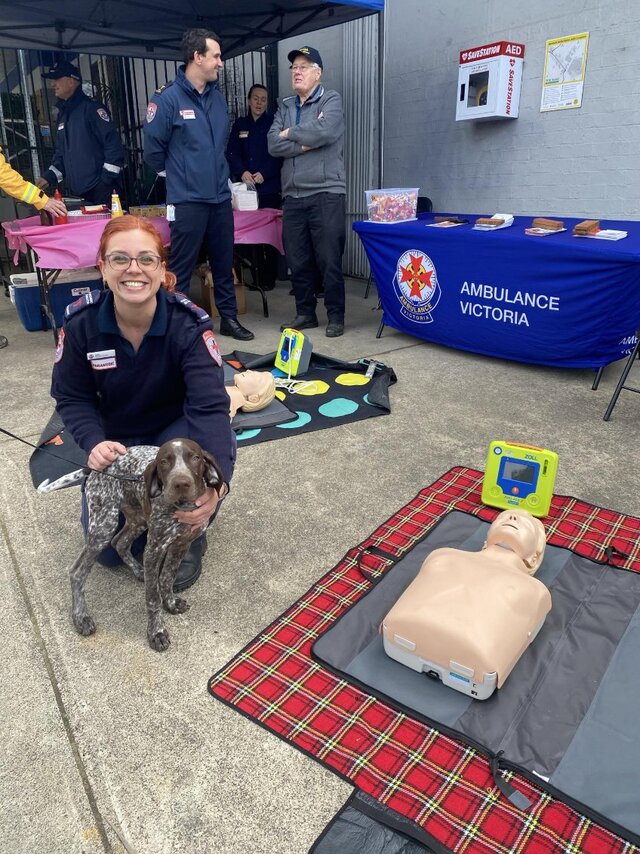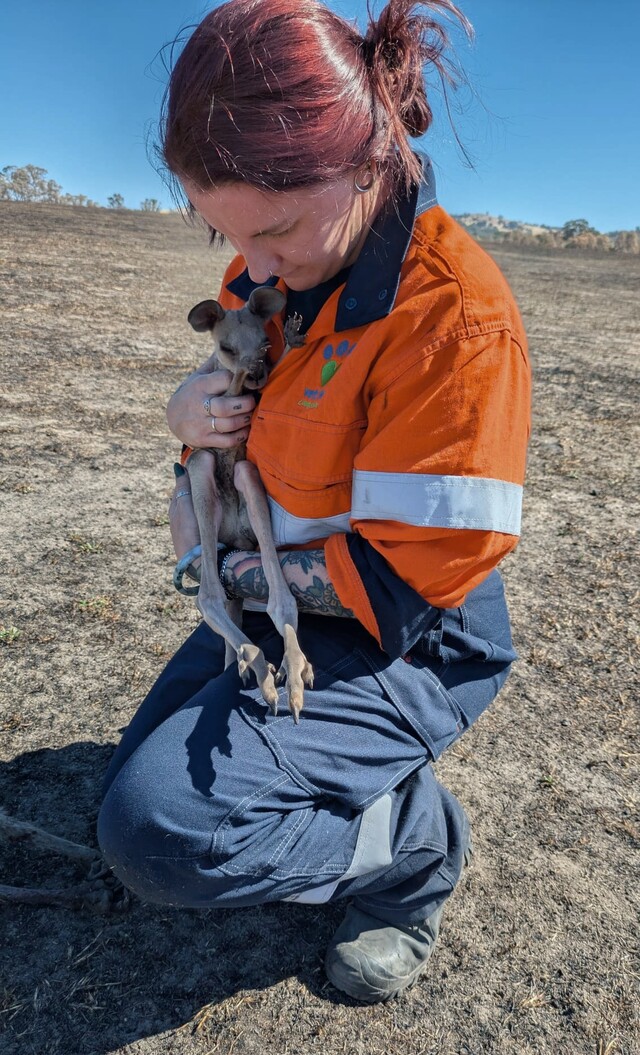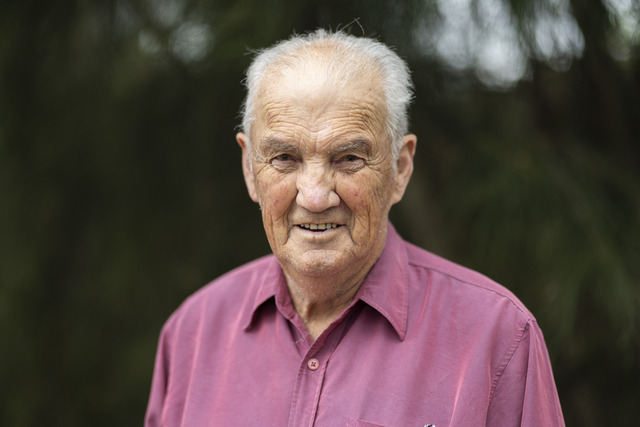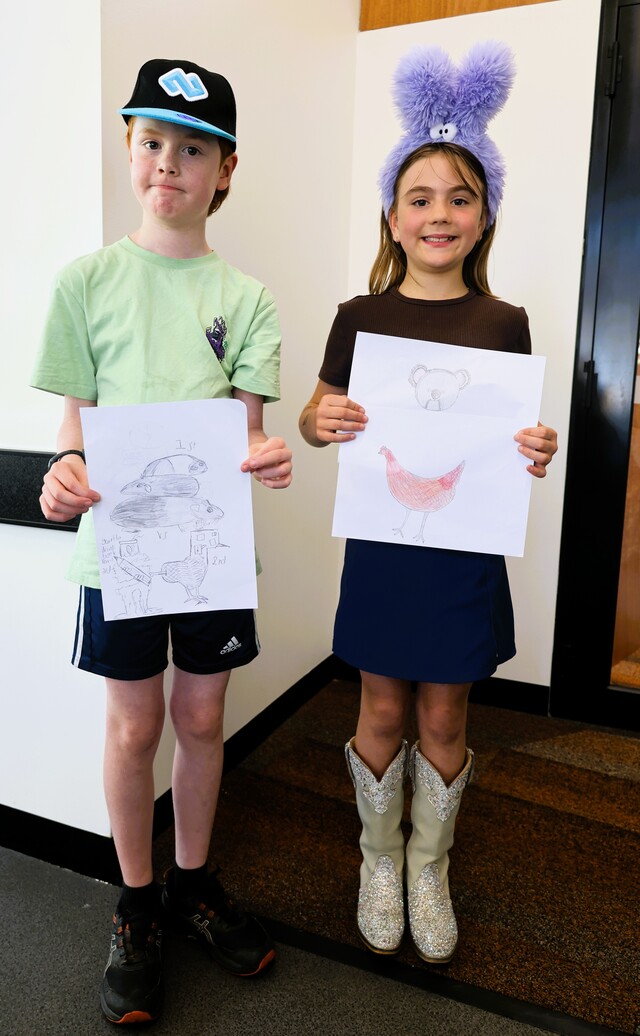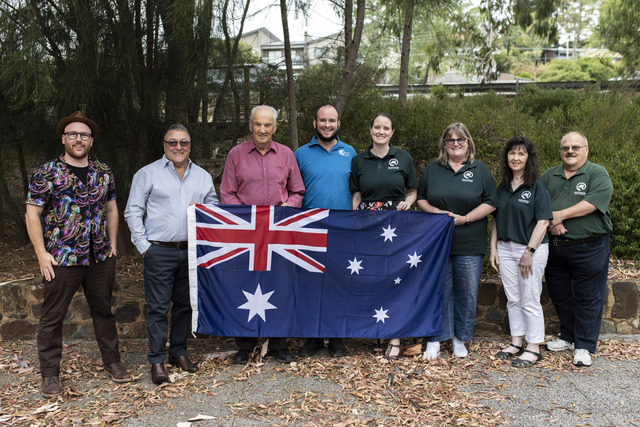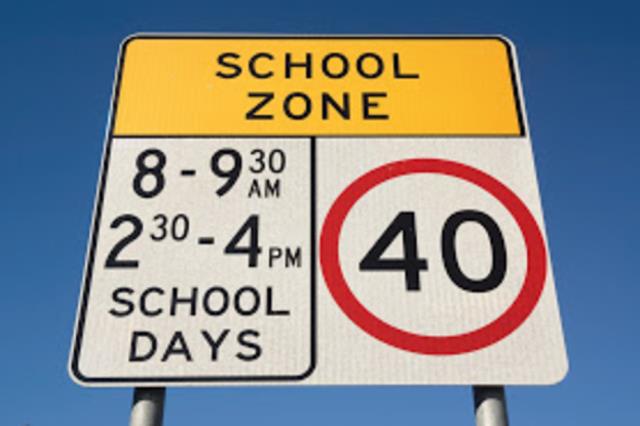When a hollow was noticed inside a tree marked for removal during the construction of a road upgrade in Belgrave Heights, environmental assessment officer Sam Savini didn’t know something special was waiting inside.
“We were doing asphalt and drainage upgrades on this road and we were practically at the end of the project,” Mr Savini said.
“While putting the final additions onto the road we discovered one of the trees had a hollow bearing.”
Road works on Huon Road were halted on 6 October until an environmental arborist could be called out to the site to assess the hollow.
Grant Harris from Ironbark Environmental Arboriculture inspected the site to see what was inside.
“At the site we used a pole camera with a remote controlled head on it to inspect the hollow and found eggs inside it,” Mr Harris said.
“We waited to see if a parent bird returned and a kookaburra came back which was great.”
Mr Savini said the decision was made to protect the “quite rare” hollow bearing tree.
“Because of the eggs the decision was made to give them the longest amount of time based on incubation times to hatch and leave the nest,” Mr Savini said.
“We are giving them as much time as they need based on when we discovered them, which will be around 7 December.”
Female kookaburras will incubate their eggs for 23 to 25 days inside a nest.
Mr Savini said the result of the finding is a redesign of the road to avoid damaging the structural integrity of the tree.
“We redirected our earth-lock and asphalt arrangement to essentially go around the tree,” he said.
“That tree was earmarked to be removed and now it will stay as a nest for the kookaburras and any other animals that wants to use it.”
Kookaburras will nest in any hole big enough to fit an adult where one to four eggs will be laid.
Mr Harris said this type of work is becoming routine in his industry.
“A large amount of our work is inspecting hollow bearing trees before they are removed.” Mr Harris said.
Once hatched the fledgling kookaburras will stay in the nest for 32 to 37 days.
Construction has been delayed until the fledglings have left the nest to avoid disturbances to the new family of kookaburras.
Mr Savini said Yarra Ranges Council works closely with designers and engineers to ensure important ecological areas aren’t damaged by construction work.
“Council will provide mitigation efforts and environmental assessments for every new road that gets an upgrade,” he said.
“My colleagues and I are trained to know what to pick up on what vegetation to look out for in terms of habitat values.”

